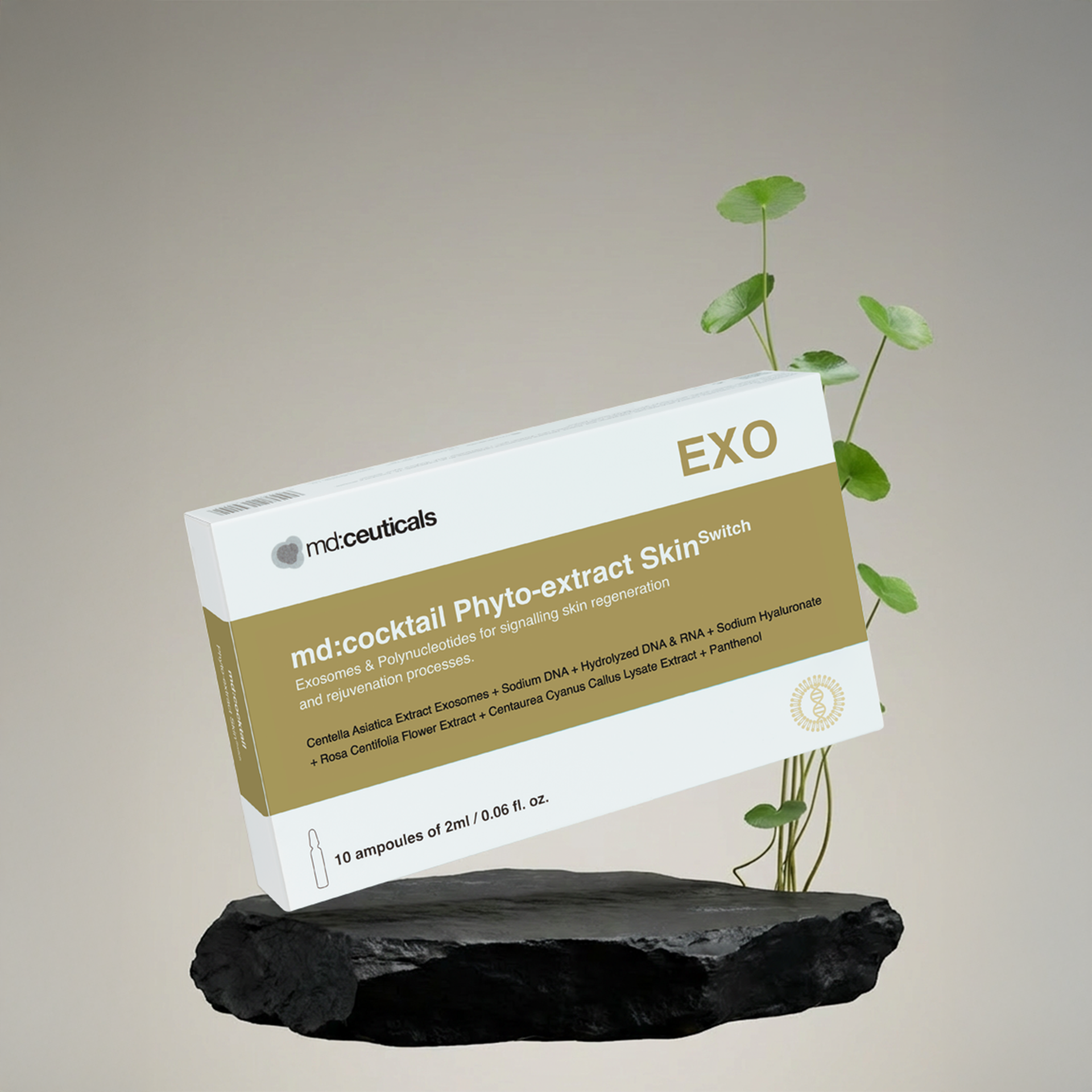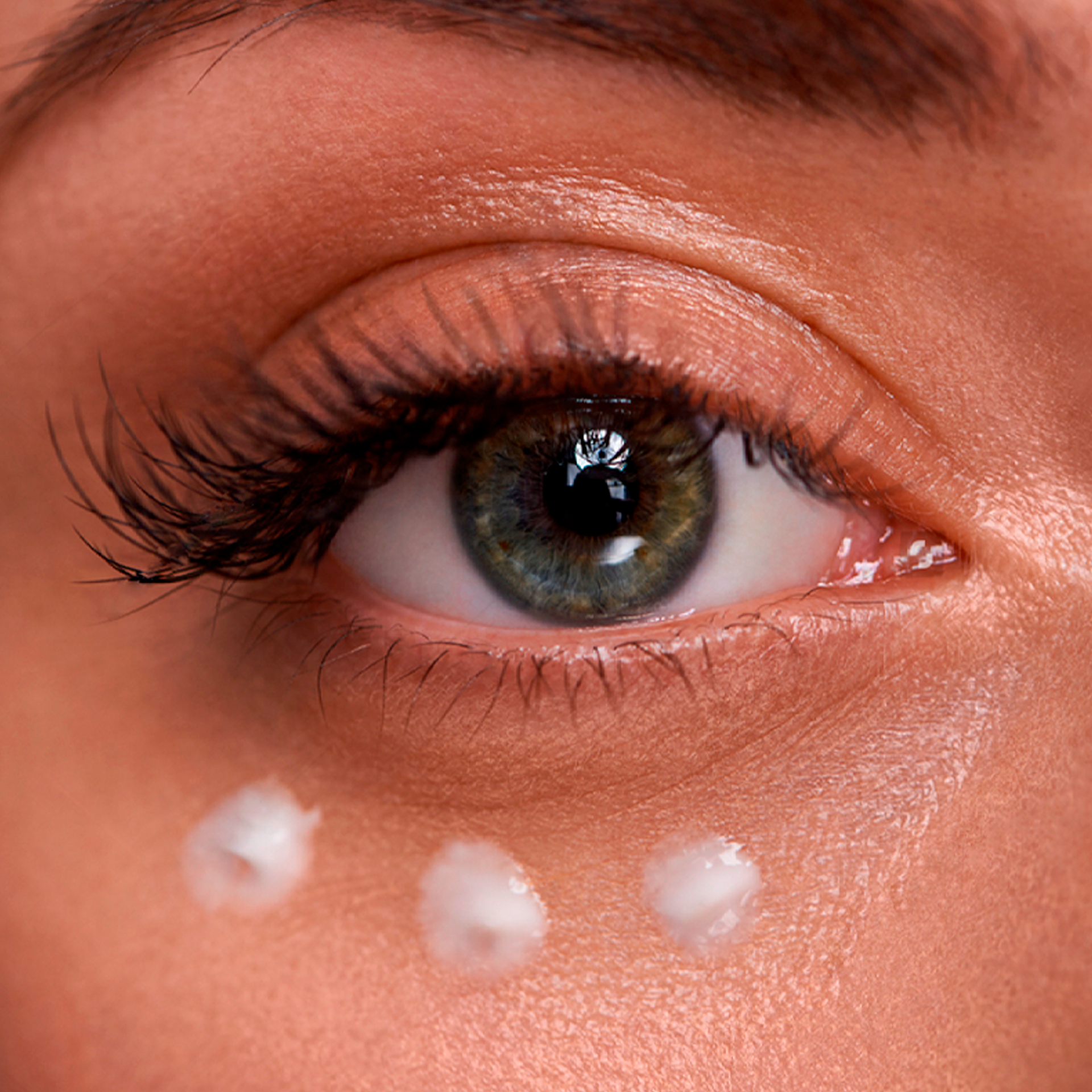Indoor heating can wreak havoc on your skin, leaving it dry and sensitive. Discover essential tips to prepare your skin for the colder months and combat the effects of indoor heating.
Table of Contents
- What Are Peptides and Why Are They Important for Skin?
- How Winter Impacts Skin Strength and Elasticity
- Benefits of Peptides for Winter Skincare
- How to Incorporate Peptides Into Your Routine
- Conclusion
- Sources
What Are Peptides and Why Are They Important for Skin?
Peptides are short chains of amino acids that act as building blocks for essential proteins like collagen and elastin. These proteins are critical for maintaining skin strength, firmness, and hydration. By using skincare products enriched with peptides, you can support your skin’s ability to repair itself, especially during winter when environmental stressors can weaken the skin barrier.
How Winter Impacts Skin Strength and Elasticity
The cold weather, low humidity, and indoor heating associated with winter can dehydrate the skin, impairing its natural barrier and making it more susceptible to damage. Loss of hydration and exposure to harsh conditions can also accelerate collagen breakdown, leading to dullness, fine lines, and sagging skin.
Benefits of Peptides for Winter Skincare
a) Boost Collagen Production
Peptides stimulate collagen synthesis, helping to repair and strengthen the skin's structural foundation.
b) Improve Skin Barrier Function
By supporting the skin’s barrier, peptides reduce moisture loss and protect against environmental aggressors, crucial during winter.
c) Enhance Elasticity and Firmness
Peptides help maintain skin’s elasticity, preventing the sagging often associated with colder months.
d) Hydrate and Soothe
Many peptide-based products are formulated with hydrating ingredients, offering soothing benefits for dry, winter-worn skin.
How to Incorporate Peptides Into Your Routine
a) Choose a Peptide-Infused Serum or Cream
Opt for products with peptides like Matrixyl 3000 or copper peptides. These formulations are ideal for targeting fine lines, firmness, and hydration.
b) Layer Strategically
Apply peptides after cleansing and toning but before heavier creams or oils. This ensures optimal absorption.
c) Pair With Hydrating Ingredients
Combine peptides with hyaluronic acid or ceramides for a double dose of hydration and barrier support.
d) Use Daily for Best Results
Consistency is key. Use peptide products daily, especially during winter, to maintain skin strength and resilience.
e) Protect With Sunscreen
Even in winter, UV rays can damage your skin and reduce the efficacy of peptides. Always follow your morning routine with a broad-spectrum sunscreen.
Conclusion
Peptides are a powerful ally for winter skincare, helping to strengthen your skin’s barrier, boost hydration, and support collagen production. By incorporating peptides into your routine, you can protect your skin from the harsh effects of winter and maintain a healthy, radiant complexion.
Explore md:ceuticals’ advanced peptide formulations, designed to fortify your skin and keep it glowing throughout the colder months.
Sources
- md:ceuticals. (n.d.). Official website. Retrieved July 28, 2025, from https://www.mdceuticals.com/en/
- Healthline. (2023). What are peptides in skincare?. Retrieved from https://www.healthline.com/health/beauty-skin-care/peptides-in-skin-care
- American Academy of Dermatology. (n.d.). Skin care tips for cold weather. Retrieved July 28, 2025, from https://www.aad.org/public/everyday-care/skin-care-basics/dry/skin-care-dry-skin
- Allure. (2022). How peptides help with skin aging and dryness. Retrieved from https://www.allure.com/story/peptides-skin-care-guide
- Watson, R. E. B., et al. (2009). A peptide based cosmetic intervention improves skin barrier function in facial photodamage. International Journal of Cosmetic Science, 31(6), 427–434. https://doi.org/10.1111/j.1468-2494.2009.00499.x



















































































